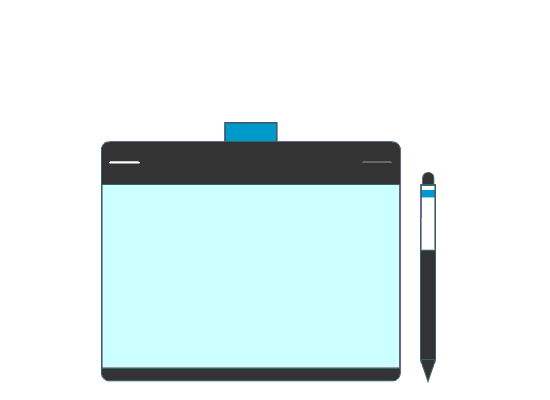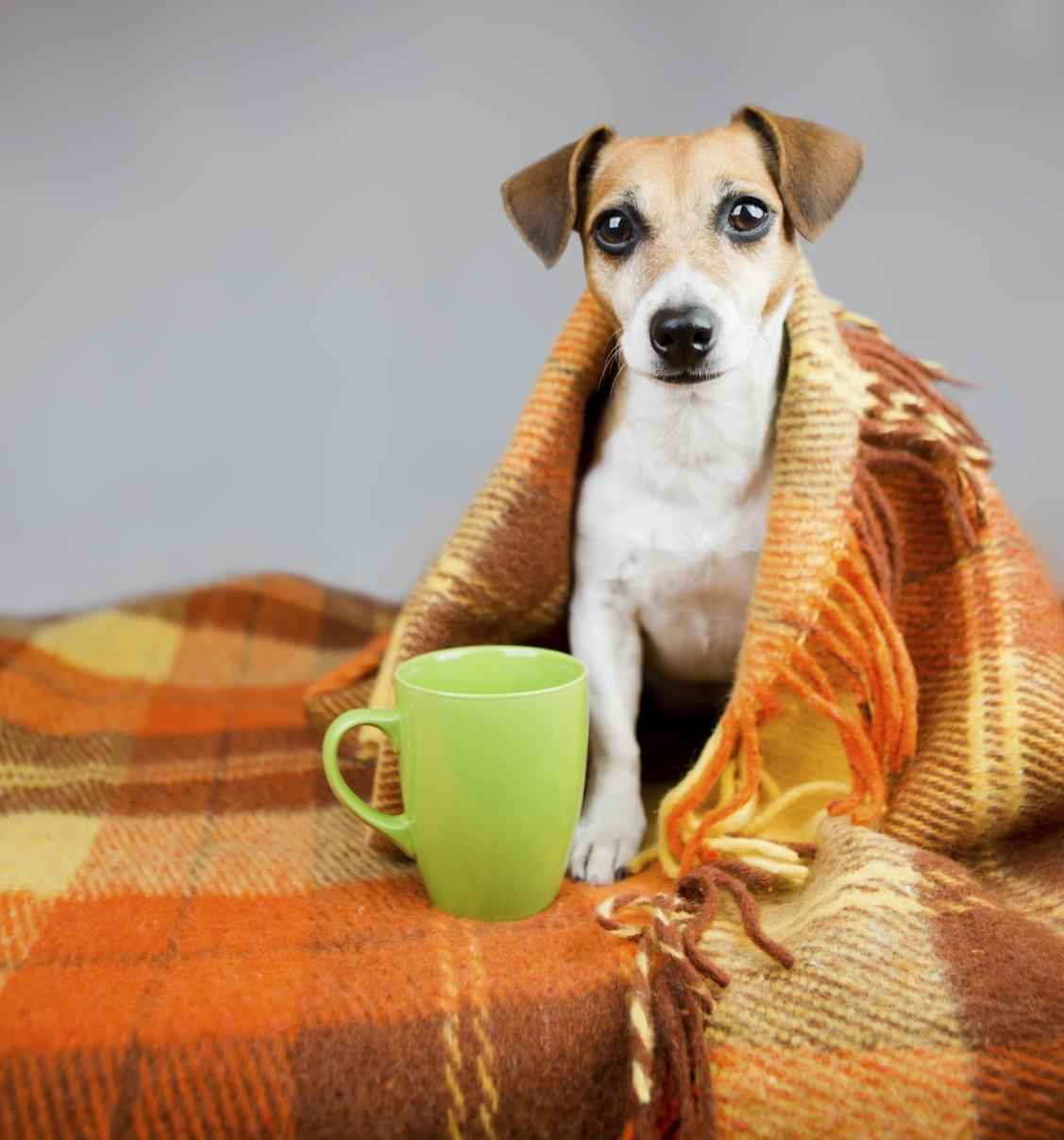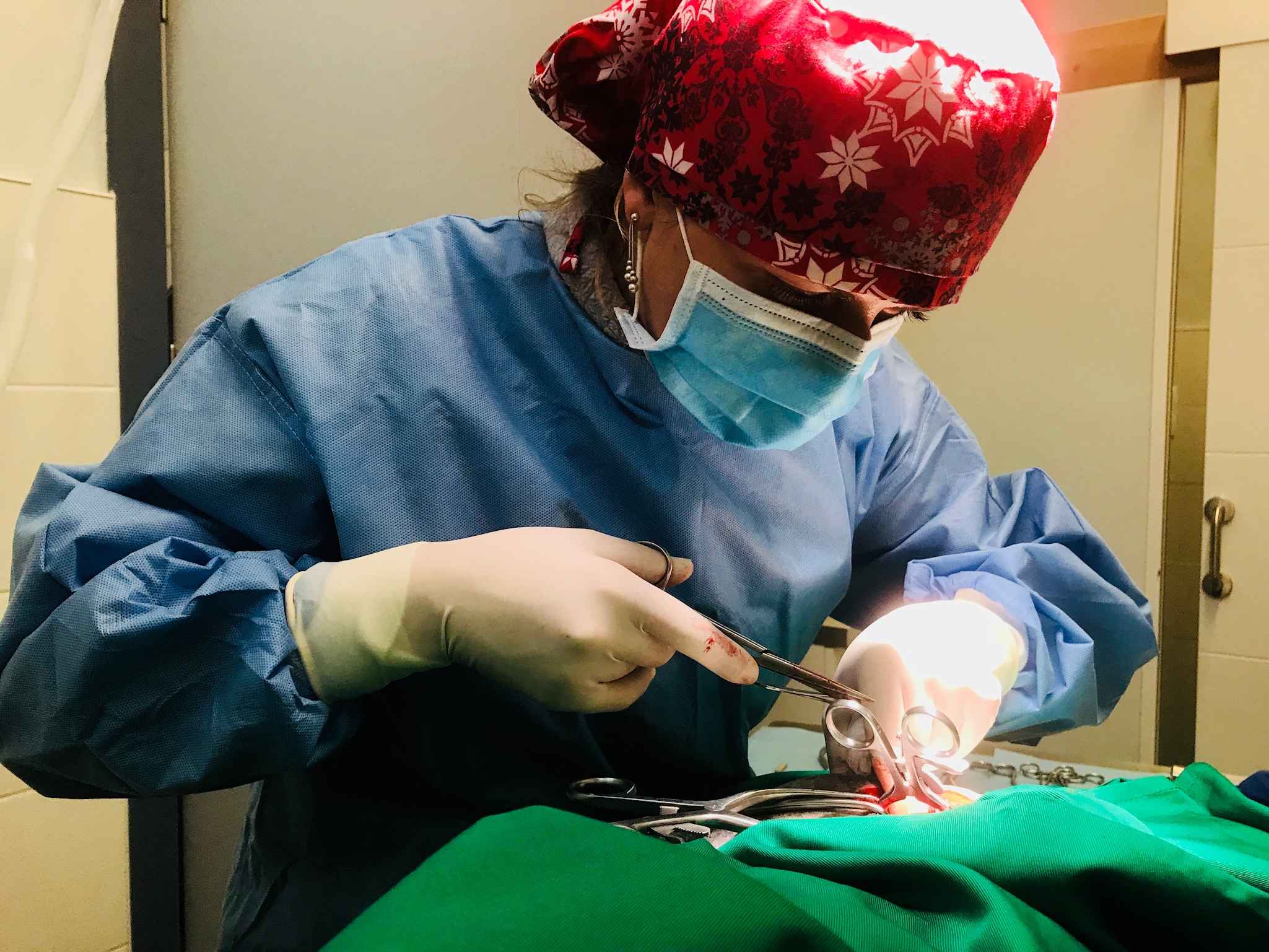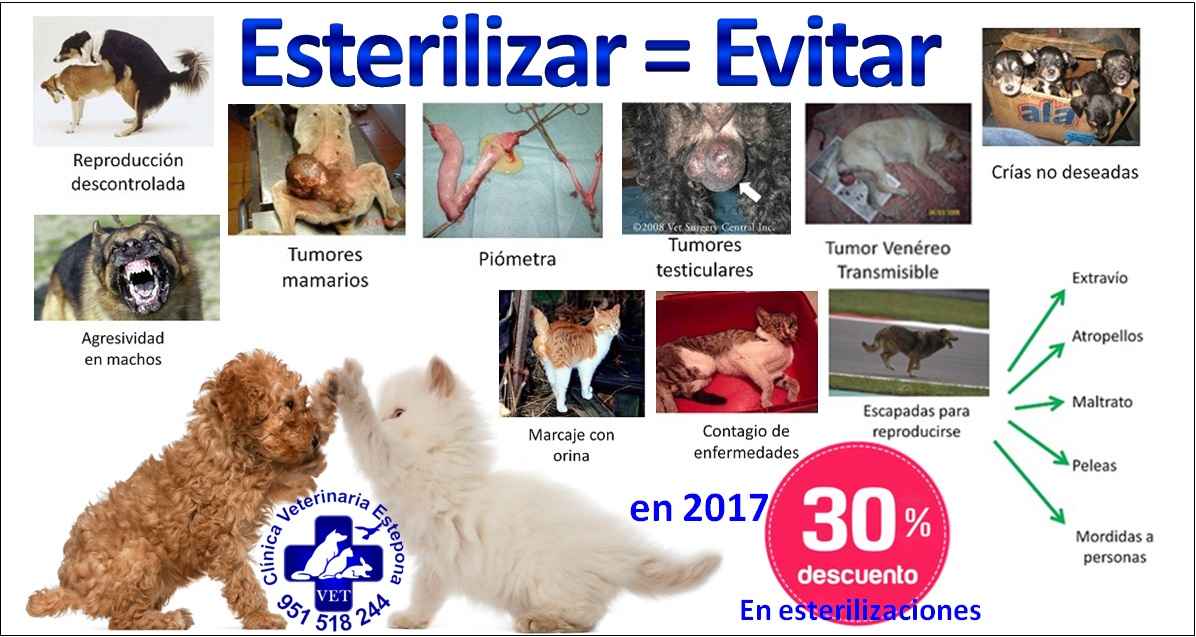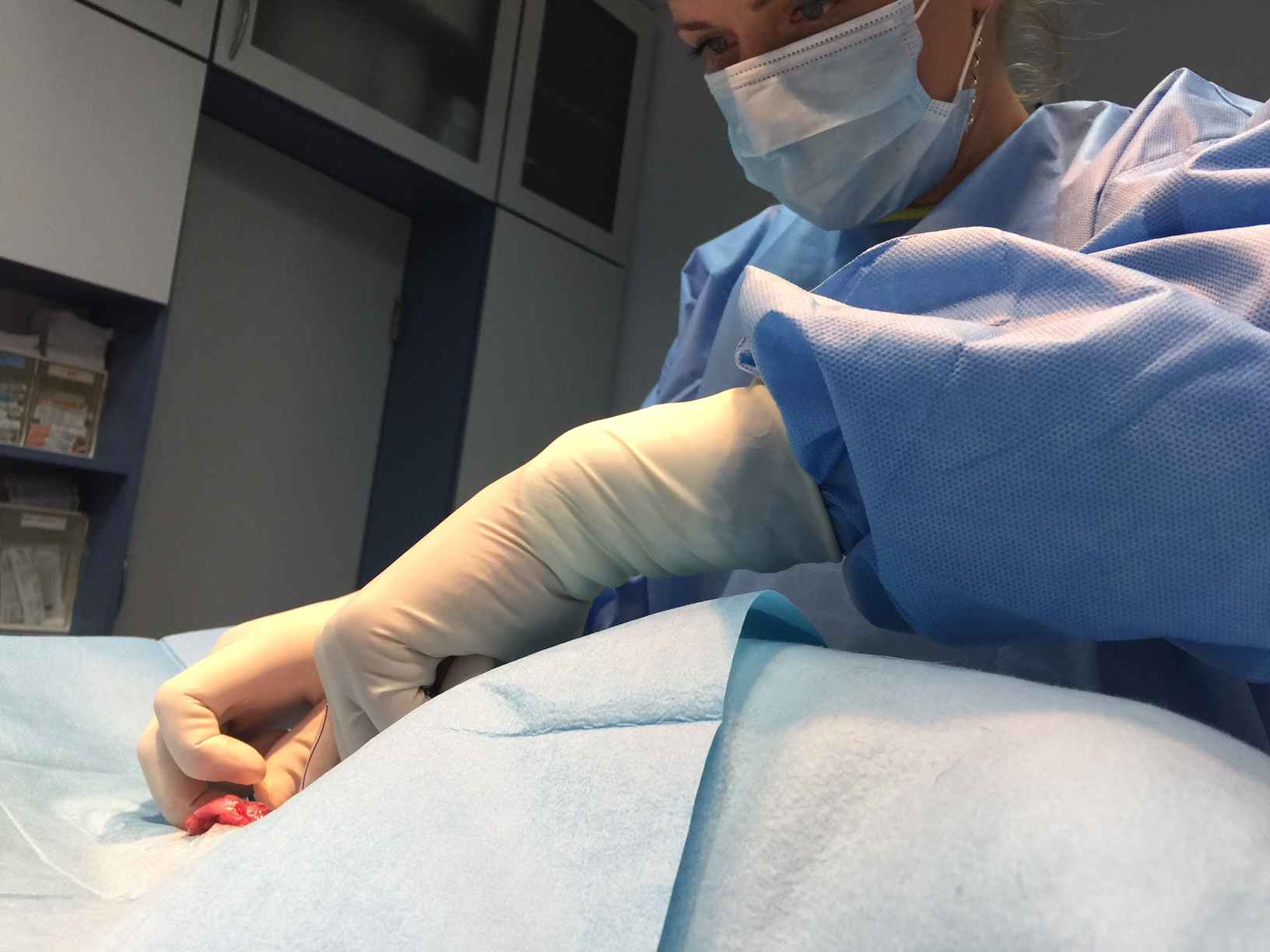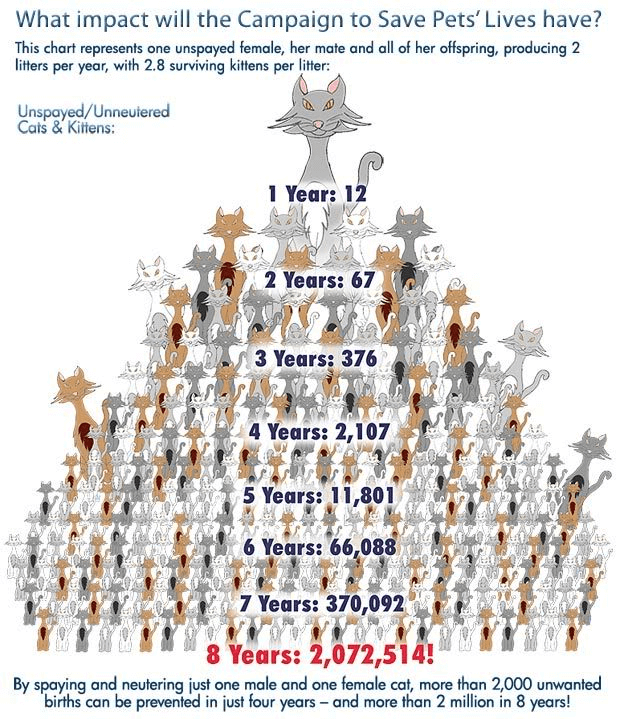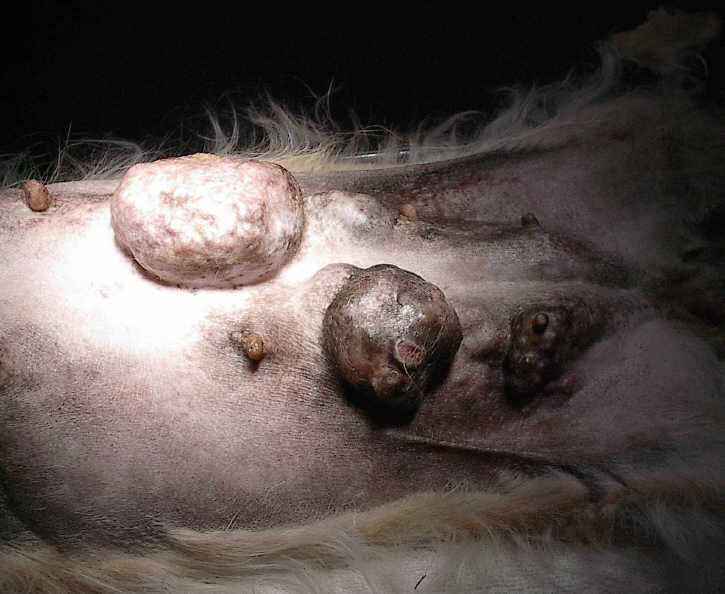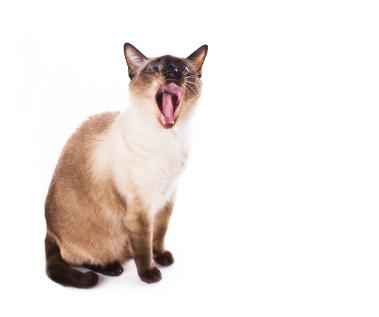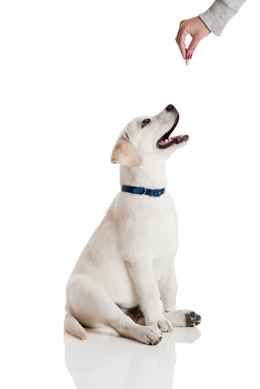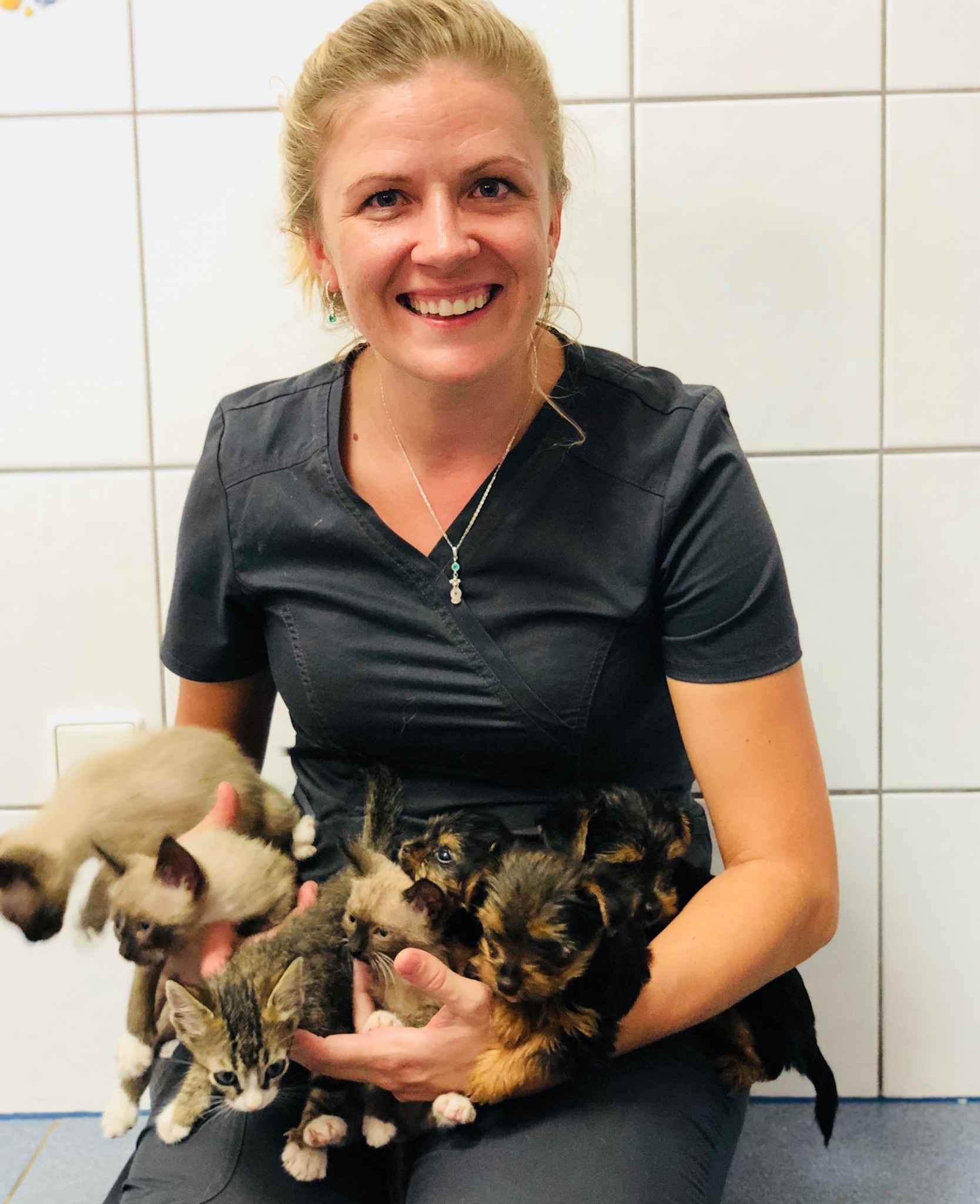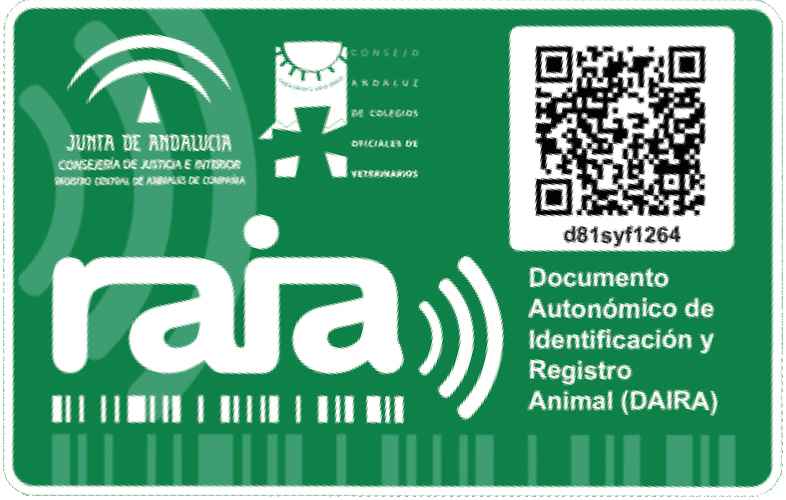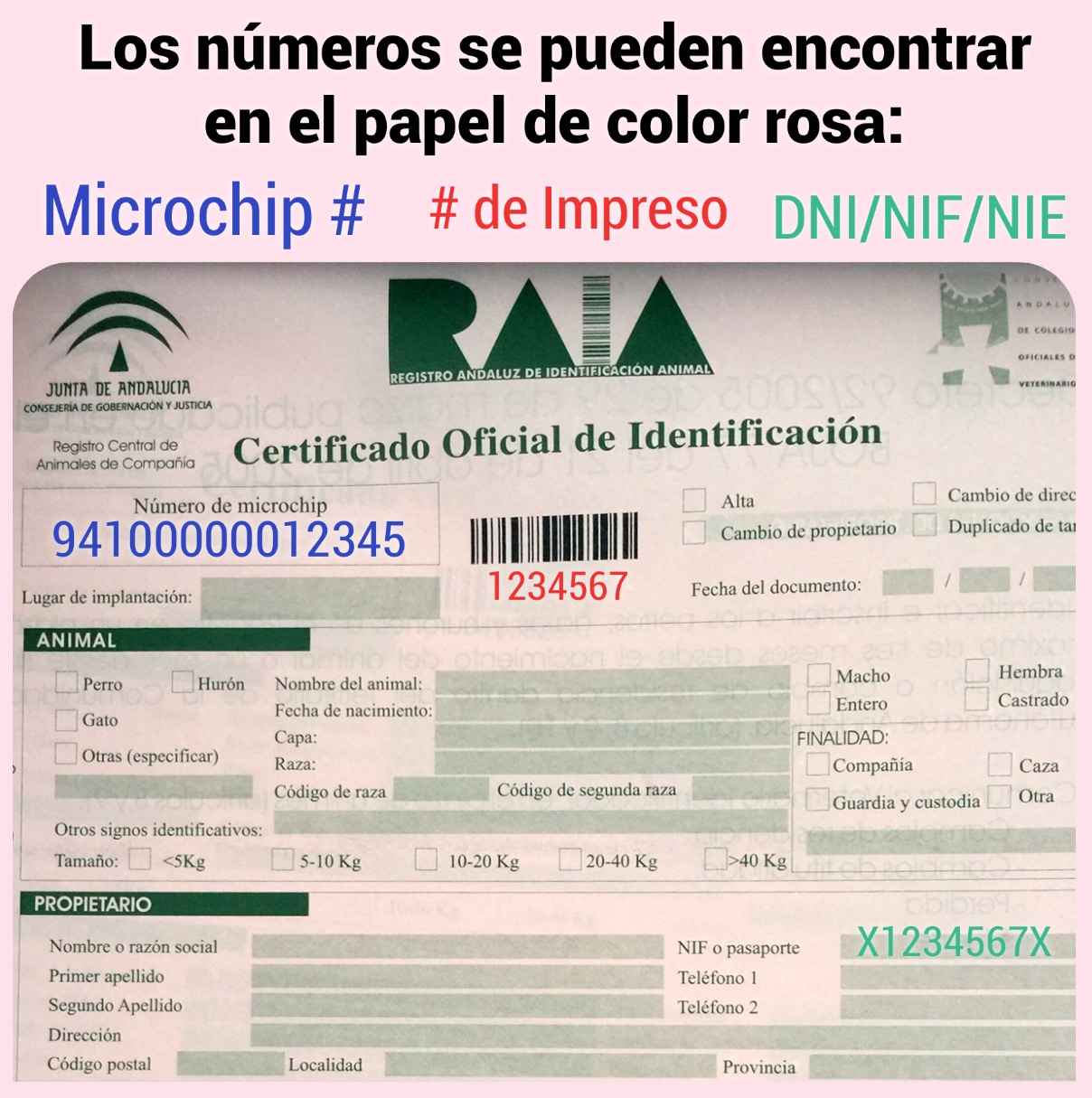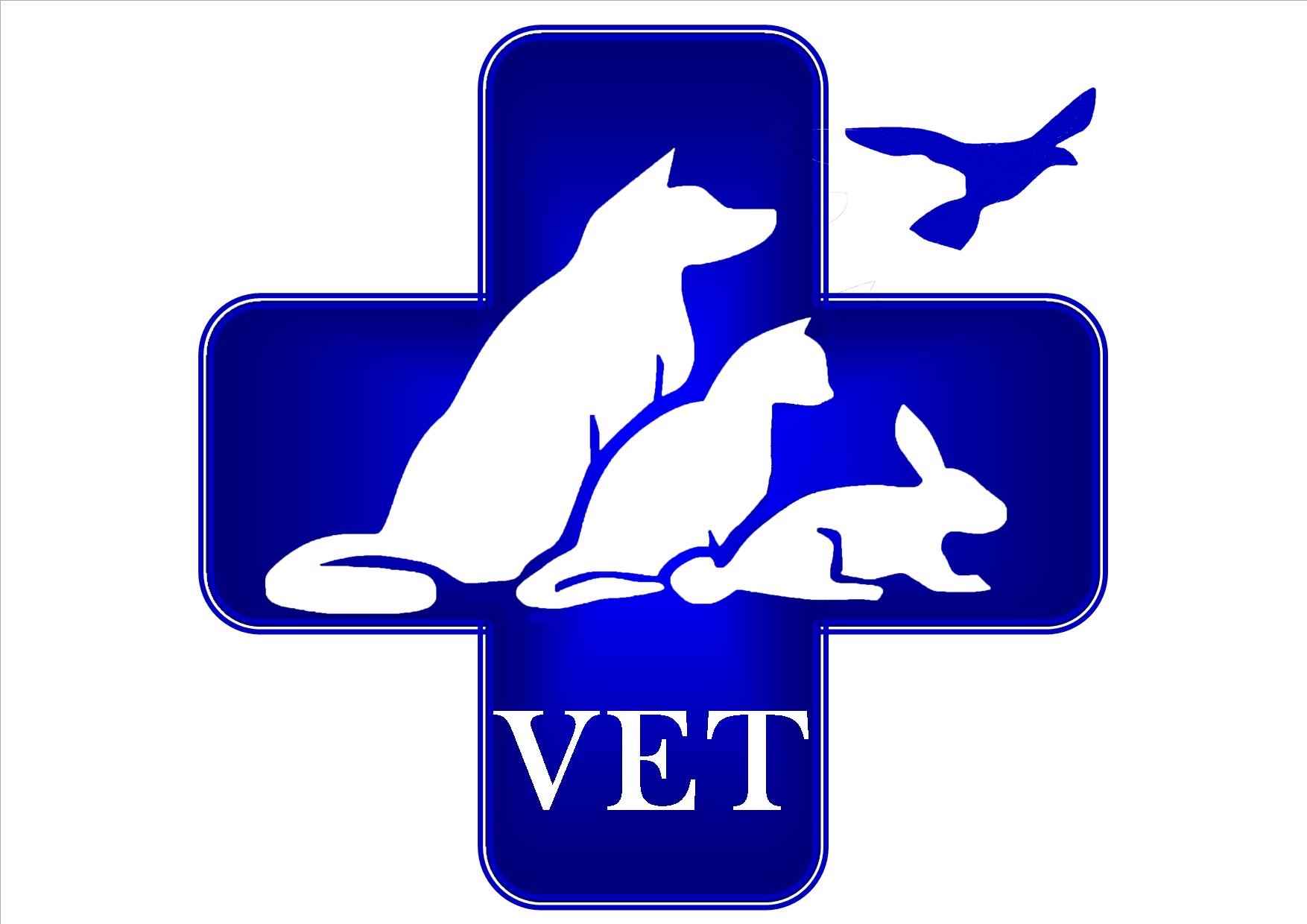Posted: 30-11-17
Yes of course! Dogs get sick just like people do. Dogs are covered by a layer of hair and fat that protects them from extreme temperatures but during the winter time this protection may be insufficient.
Be aware of the symptoms especially during the coldest months and do not let your pet get sick!
If you notice that your dog presents:
• Tremors
• Slow breathing
• Drowsiness
• Slow mobility
It may be that your dog is cold and will need your help!
If you have any questions about the care of your dog in winter, do not hesitate to contact us.
It’s a sad fact but every year millions of unwanted dogs and cats, including puppies and kittens, are needlessly euthanized because of overpopulation.
The good news is that every pet owner can make a difference. By having your pets spayed or neutered you can do your part to prevent the birth of unwanted puppies and kittens and enhance your pets health and quality-of-life.
Why is it important to spay or neuter? Let’s start with the obvious answer: it helps reduce overpopulation and those pets awaiting adoption are typically the result of this overpopulation.
But that’s not all, by having us surgically sterilize your pet we can also help eliminate many of the behavioral problems associated with the mating instinct – not to mention some serious health problems.
Posted: 08-02-17
Empecemos explicando un poco cómo se realiza el procedimiento:
Let’s start with sterilization and what is involved in the procedure:
During surgical sterilization we remove the reproductive organs, for females this process is commonly called spaying and for males it is called neutering. Before the procedure your pet is being given a thorough physical examination to ensure that they are in good health. Anesthesia is administered during the procedure and we here at Clin Vet Estepona give pain medications before during and after the procedure to ensure that your pet is never in pain. You’ll be sent home with medications and detailed discharge instructions after surgery to keep your pet calm for a couple of days to ensure healing.
By removing the reproductive organs it is easy to see how this procedure helps with overpopulation because it’s simply becomes impossible for your pet to have babies. But you still might be asking how does this help with behavior and health problems.
Now onto the boys.
Neutering male cats and dogs still has a lot of myths surrounding it. They will be more female. No they won’t. You’ll get fat and lazy. No they won’t, only if you let them.
It will change their personality. Well actually it might make them a little nicer to be around so that one is a little true.
Let’s look at the facts:
Male dogs and cats actively seeking a mate can become aggressive and get into fights with other animals hurting themselves and others. They are more likely to escape from home and roam around which increases the chances of getting injured by other animals including wild animals, hit by cars, or being taken to the shelter as a stray.
Female pets that have not been spayed go through what is commonly called heat cycle during this time they may leave blood stains around the house, become anxious, short tempered, and actively seek a mate. A female dog in heat maybe more likely to fight with other female dogs including other females in the same household. Female cats frequently cry out and urinate in inappropriate places.
Spaying will eliminate heat cycles completely and reduce or eliminate all of these unwanted behaviors.
Most importantly, early spaying of female dogs and cats helps protect them from some serious health problems later in life such as psychological pregnancies, life-threatening uterine infections, and devastating breast cancer.
Neutering male dogs and cats reduces the breeding instinct and has a calming effect, making them less inclined to roam and happier to stay at home. When done early it also eliminates inappropriate urination.
As for the long-term health, neutering your male pet can also lesson or eliminate the risk of developing prostate disease and testicular cancer.
Like any surgical procedure, sterilization is associated with some anesthetic and surgical risks, but with the save anesthetic protocols of our clinic and all the precautions we take (such as placing IV catheters, giving fluids during surgery to reduce the risk of kidney damage, intubation your pet, using the newest monitoring equipment on the market (to assure that is breathing well, oxygenating well, has a good heart rate, their temperature is not dropping, and much more), using completely sterile surgical instruments and gownes (here you can see our autoclave), using inhalation anesthesia, keeping all emergency drugs at hand, and wearing proper surgical attire, just to mention a few) the overall incidences are slim to none. This is one of the most common procedures performed by our highly trained veterinary surgical specialists.
Please talk to us about the appropriate time to spay and neuter your pet. If your pet is older we may suggest you do the procedure right away to reduce the possibilities of the earlier mentioned cancers. If you have a puppy or kitten we will suggest to you to do it before the first heat cycle to completely eliminate the chances of breast cancer.
And forget about the old wives tale it is not best or healthy to wait until your pet has gone through her first heat cycle.
Having your pets spayed or neutered is a simple procedure and a onetime expense that can dramatically improve your pets health and quality-of-life, as well as prevent some serious frustrations for you and your wallet. On that note: our New Year’s Resolution is to reduce overpopulation and give you pet a high quality of life, so we want to offer a 30% discount on all sterilizations this entire year! This way your pet can receive the highest quality of veterinary surgery and it will not burst your bank account.ç
Come see us today for your free pre-surgical exam and let’s talk about what’s best for your pet.
Why to Spay and Neuter your pet?
Is it possible that my dog is cold?
How to get your pet´s DAIRA?
6) Spaying or neutering will NOT make your pet fat.
Don’t use that old excuse! Lack of exercise and overfeeding will cause your pet to pack on the extra pounds-not neutering. Your pet will remain fit and trim as long as you continue to provide exercise and monitor food intake.
7) It is highly cost-effective.
The cost of your pet’s spay/neuter surgery is a lot less than the cost of having to care for a litter or paying for pyometra (severe uterin infection with pus inside the uterus) surgery and antibiotics, or paying for medications to deal with physcological pregnancy. It also beats the cost of treatment when your unneutered tom escapes and gets into fights with the neighborhood stray!
8) Spaying and neutering your pet is good for the community.
Stray animals pose a real problem in many parts of the country. They can prey on wildlife, cause car accidents, damage the local fauna and frighten children. Spaying and neutering packs a powerful punch in reducing the number of animals on the streets.
4) Your male dog won’t want to roam away from home.
An intact male will do just about anything to find a mate! That includes digging his way under the fence and making like Houdini to escape from the house. And once he’s free to roam, he risks injury in traffic and fights with other males.
5) Your neutered male will be much better behaved.
Neutered cats and dogs focus their attention on their human families. On the other hand, unneutered dogs and cats may mark their territory by spraying strong-smelling urine all over the house. Many aggression problems can be avoided by early neutering.
9) Your pet doesn’t need to have a litter for your children to learn about the miracle of birth.
Letting your pet produce offspring you have no intention of keeping is not a good lesson for your children-especially when so many unwanted animals end up in shelters. There are tons of books and videos available to teach your children about birth in a more responsible way.
10) Spaying and neutering helps fight pet overpopulation.
Every year, millions of cats and dogs of all ages and breeds are euthanized or suffer as strays. These high numbers are the result of unplanned litters that could have been prevented by spaying or neutering.
Posted: 11-08-16
Since July of 2016, you are able to download your pet´s registration card (DAIRA) from RAIA. This is wonderful because you do not have to wait for them anymore to send you a card, and if you lost yours, or need more than one copy, you can get it yourself.
Simply go to www.raia.es and click on “obtener DAIRA”.
Next, you need to put in:
Your pet’s microchip number – the blue number on the picture
your NIE number – the green number on the picture
the “Impressum” number – the red number on the picture.
You can find all those numbers on the pink copy of the microchip registration form you got from us.
¡We hope this helps!
1) Your female pet will live a longer, healthier life.
Spaying helps prevent mammary (breast) cancer, which is fatal in about 50 percent of dogs and 90 percent of cats. Spaying your pet before her first heat decreases her chances of getting this type of cancer to 0.25%. The chances of getting mammary (breast) cancer increase drastically with every heat cycle she goes through.
2) Neutering provides major health benefits for your male.
Besides preventing unwanted litters, neutering your male companion prevents testicular cancer and proctatic hyperplasia (big prostate). A big prostate makes it harder to go to the bathroom and can cause obstructions.
3) Your spayed female won’t go into heat.
While cycles can vary, female felines usually go into heat four to five days every three weeks during breeding season. In an effort to advertise for mates, they’ll yowl and urinate more frequently-sometimes all over the house!
10 things you did not know about: Spays and Neuters
Posted: 11-08-16
